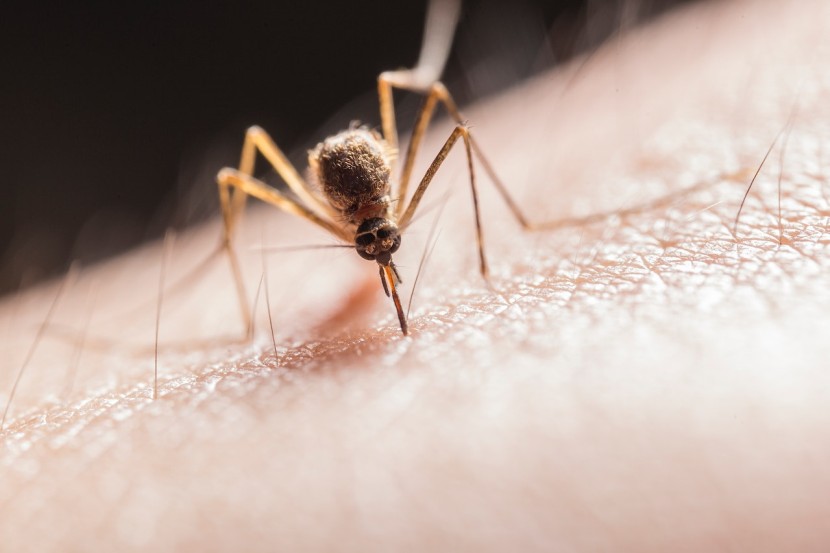
A group of researchers found that climate change contributes to the spread of malaria by allowing mosquitoes that carry the disease to travel farther away from Africa into new regions.
Rising temperatures have started to cause many tropical species that were previously confined to only the warmest parts of the world to be able to climb higher and travel farther toward the poles.
Climate Change and Malaria Mosquitoes
Malaria mosquitoes are responsible for the death of more than 600,000 people every year and are considered to bring one of the world's most devastating diseases. Scientists found evidence that showed the insects flying to new locales in Africa.
A team of researchers from Georgetown University analyzed data that dated back to 1898, where they found the limits of the malaria mosquitoes' ranges increased. They observed that the range moved toward the poles by roughly 2.9 miles per year.
In the paper published in Biology Letters on Tuesday, the scientists noted that the insects could also climb mountains, gaining an average of 21.3 feet in elevation per year. A biologist at Georgetown, Colin Carlson, who led the paper, said that he needs to analyze more data before drawing a direct link between the spread of malaria mosquitoes and increased temperatures, as per the Washington Post.
Despite the lack of data to accurately conclude the hypothesis, Carlson noted that the mosquitoes' movement and speed of travel suggest that it is an impact caused by climate change. Top United Nations climate scientists said that climate change's worst effects would be floods, droughts, and diseases.
There have been very few if any, diseases that have negatively impacted humanity in the same way as malaria. The disease is very old and is believed to have also infected the dinosaurs, who lived millions of years ago.
The Spread of the Deadly Disease
In the history of humans, the disease is known to be responsible for the death of half of all people that have ever lived, based on one estimate. The recent spread of mosquitoes is because they are cold-blooded creatures that thrive in warm weather. Since the beginning of the Industrial Revolution, humans have raised the planet's temperature by more than one degree Celsius on average.
Carlson noted that if the mosquitoes' farther range were random, it would not coincide so much with climate trends. Many studies relating to climate change's impact on health tend to focus on how diseases spread, which can be challenging to link to any single cause.
A medical geographer at the University of Florida, Sadie Ryan, said that the study results correspond to where and how transmission is happening in those specific areas. Instead, the researchers of the recent study had a retrospective look at how the insects moved.
Ryan added that the rate of displacement of the mosquitoes confirms experts' concerns that the impacts of climate change have extended to infectious diseases. She noted that seeing their hypothesis as reality is a "dramatic" turn of events, said the New York Times.








